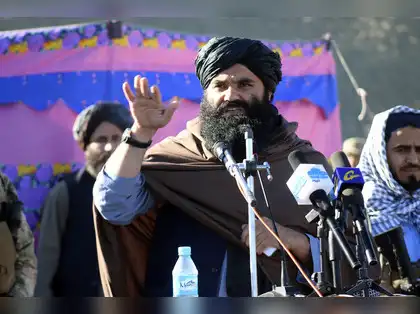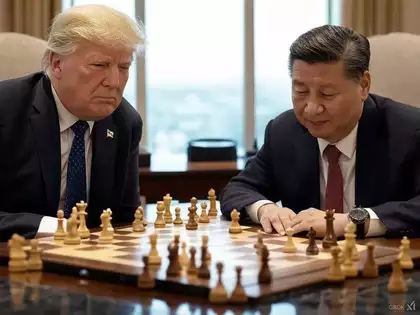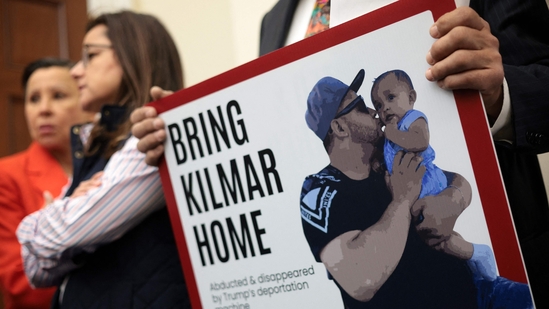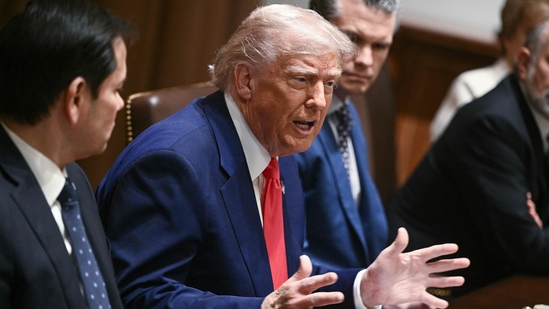On Friday, four men were publicly executed in Afghanistan. This was the highest number of executions in a single day since the Taliban returned to power. With these four executions, a total of ten people have been publicly executed since the Taliban took control in 2021, according to a report by AFP.
During their previous rule from 1996 to 2001, the Taliban often executed people in public, especially in sports stadiums. In one place called Qala-i-Naw, two men were shot multiple times by family members of the victims in front of a crowd. A 48-year-old man named Mohammad Iqbal Rahimyar who watched the execution said the convicted men were made to sit and were shot by the victims’ relatives.
The Supreme Court stated that these men were punished for shooting others, and their cases were carefully reviewed before the actions were taken. The families of the victims chose not to forgive the convicted men, which is why the punishment was carried out.
A 35-year-old spectator named Zabihullah said that the punishment must be implemented if the family didn’t offer forgiveness, calling it God’s order. The Taliban encouraged people to come and watch the event by sending out official invitations.
The third man was executed in the city of Zaranj in Nimroz province and the fourth in Farah city. A witness named Javid expressed approval of the Taliban’s actions, saying it showed power and discipline.
The last public execution before this took place in November 2024 when a man was shot by a victim’s family member in front of thousands, including Taliban officials. The Taliban has been using corporal punishment, like flogging, for crimes such as theft and drinking alcohol.
All orders for executions are made by the Taliban’s Supreme Leader, Hibatullah Akhundzada, who resides in Kandahar. He has told judges to enforce strict Islamic law, which includes the death penalty for murder. The Taliban believes in strong law and order, stemming from the chaos of Afghanistan’s past civil wars.
Their past rule includes infamous incidents, such as the 1999 public execution of a woman accused of killing her husband. Groups like the United Nations and Amnesty International have condemned the Taliban’s use of severe punishments. Amnesty’s reports indicate that Afghanistan is among countries where executions happen without fair trials.
In 2024, there were 1,518 recorded executions worldwide, not counting countless others believed to take place in China, the world’s leading executioner.








